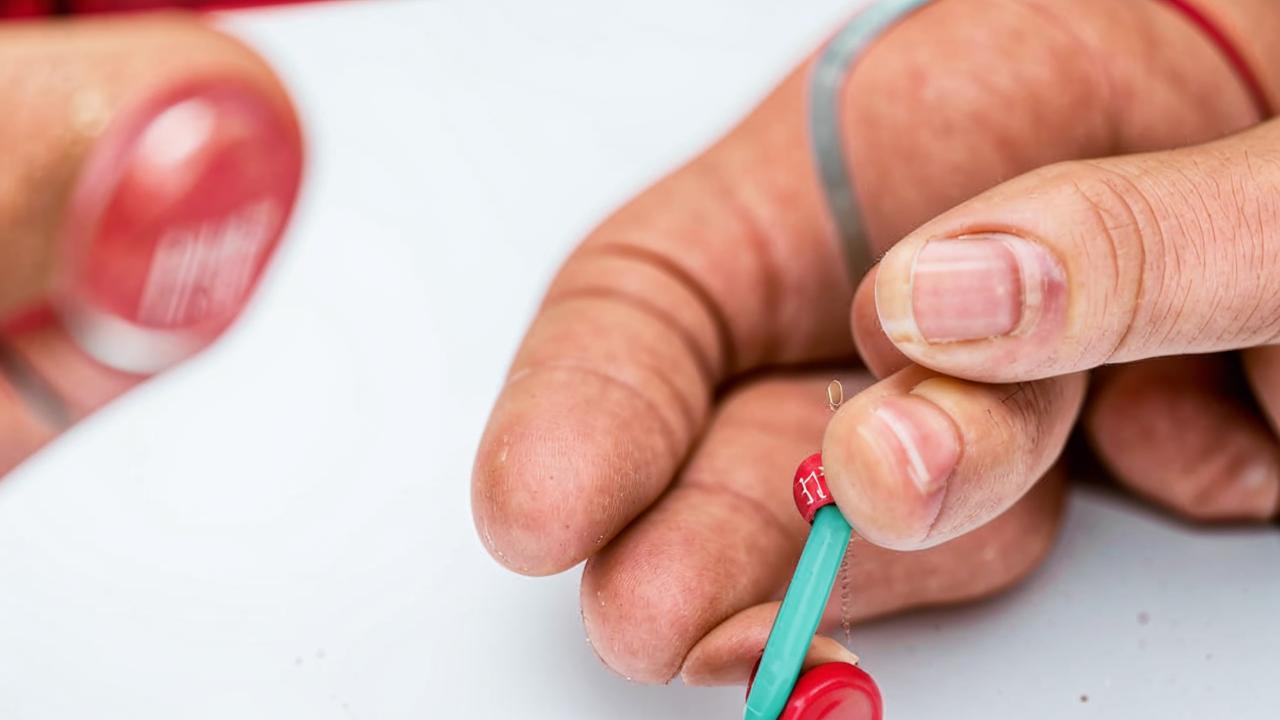Interval fasting, the 5:2 diet and the 16/8 method – these and many other methods of short-term abstinence from food are aimed at healing the body. Many stars practice such diet systems to maintain beauty and health. Among them are Jennifer Aniston, Kourtney Kardashian, Scarlett Johansson, Reese Witherspoon and others. And it’s not just a new trend – the benefits of short-term fasting are scientifically proven. Let’s tell you how you can improve your body condition in a day.
Phases of fasting
A healthy body can fast up to 21 days, but in home conditions it is recommended to do it for no more than 72 hours. Further restriction in nutrition should take place only under medical supervision.

Independent fasting includes two phases. The first lasts 24 hours, it is natural and safe for the body, says functional medicine specialist Elena Kondrasheva. In her Instagram she says that such practice can be repeated once a week. The second phase lasts from 24 to 72 hours. The doctor cautions: such a refusal of food should be approached with caution, as possible side effects. For example, hypoglycemia. It should be repeated every 2-3 weeks.
Whichever of these durations of fasting you choose, there will be many changes in the body.
Decreased insulin levels
One of the results of a one-day fast is a decrease in insulin levels. When you fast, your blood sugar levels naturally drop. The body uses glucose in the blood and liver as it has no other source of energy. Consequently, the pancreas produces less insulin to absorb the glucose.
After fasting, your insulin sensitivity will increase, which means that your cells will begin to get enough nutrients from food, your blood pressure will stabilize and your constant feeling of hunger will go away.
Canadian scientists from the University of Saskatchewan have confirmed that this method stabilizes blood sugar levels, preventing the development of diabetes.

Immunity boost
Starvation triggers the regeneration of old cells in the body, including those that are part of the immune system. California scientist Chia Wei-Cheng found that a three-day fast can cause the entire immune system to regenerate and produce brand new white blood cells with a stronger ability to fight disease.
Losing excess weight
Short-term fasting is a quick way to get rid of extra pounds. When you eat, your body uses food as a source of energy. The part of what you eat that is not used for sustenance is converted into fat and left in the body for later use. This is how you gain weight.
During fasting, these fats are broken down, i.e. lipolysis. This process does not affect muscle tissue, so many athletes use it to achieve a low body fat percentage.

American researchers Paul Labounty and Grant M. Tinsley found that 24-hour fasting can reduce body weight by 9% and significantly reduce body fat within 12 to 24 weeks.There is also evidence that fasting is one of the most effective and long-term solutions for weight loss and weight maintenance.
Metabolism Boost
By fasting periodically, you give your digestive system time to rest a bit, increase your norepinephrine levels and consequently speed up your metabolism. The next time you eat, you will get more energy from it, and calories will be burned more efficiently. A study conducted by scientists from the Department of Internal Medicine IV at the University of Vienna found that fasting can speed up metabolism by 14%.
Detoxification
This process is inextricably linked to the previous two points. To ensure a continuous metabolism, the brain converts glycogen stored in the liver into energy. But after about 12 hours, the reserves are depleted and the body begins to burn fats stored in different parts of the body. And the toxins stored in the fats are released and then eliminated from the body.
Slowing down aging
As we grow older, the cells also get older, their performance decreases and old cellular material accumulates inside. All of this leads to aging. Nutrient deprivation, which occurs during starvation, activates the process of autophagy, that is, the destruction of old material. And in place of old and inactive cells, new and healthy cells appear. This process was explained by Japanese biologist Yoshinori Osumi, for which he received the Nobel Prize in 2016.
Scientists from the University of Georgia in the United States have discovered a molecule that the body produces during fasting or long exercise. It prevents the aging of the walls of blood vessels and helps their cells to actively divide. The authors of the study note that the main aspect of aging is precisely in the wear and tear of the circulatory system. With age, the vessels that supply blood to various organs become extremely vulnerable.
In addition, fasting stimulates the production of growth hormone, which strengthens bones, improves protein synthesis and increases muscle mass. In this way, you are rejuvenated both inside and out.
Nevertheless, no matter how tempting the results of fasting may look, it is better to conduct such experiments with your body under the supervision of a specialist.





